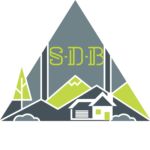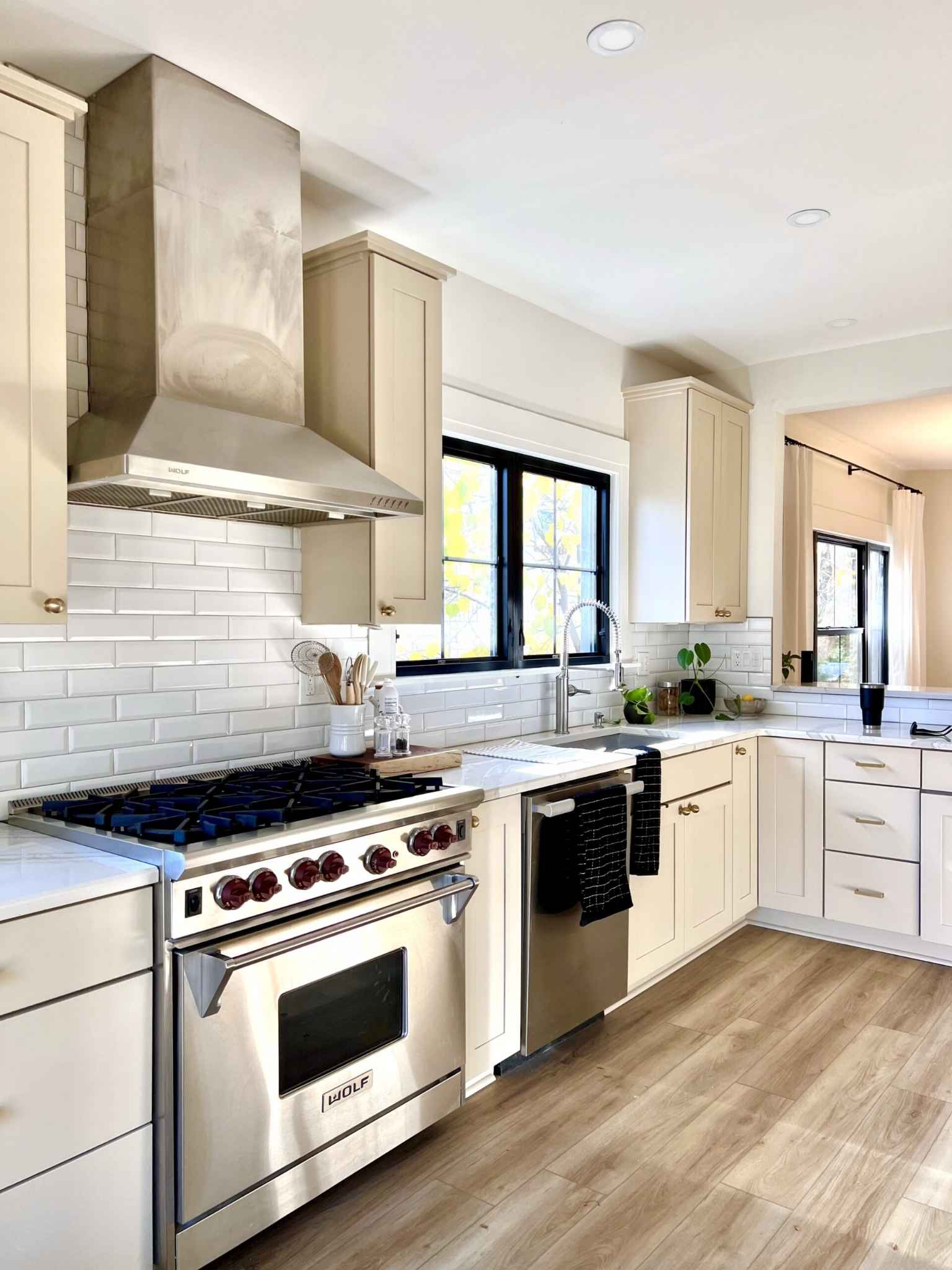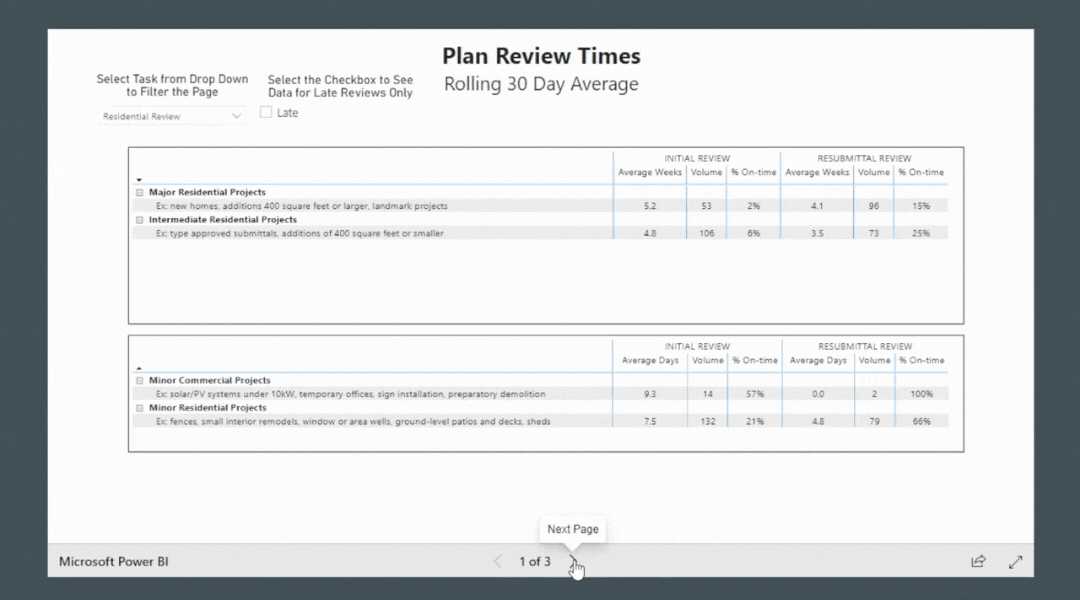
Schedule Your Consultation
Connect With Us
Streamlined Design-Build Process for Home Additions
SDB operates as a full-service design-build contractor, meaning every stage of your project—design, budgeting, permitting, and construction—is handled under one roof. This approach keeps your timeline on track and ensures a smooth collaboration between you and your project manager.
Sustainable Design Build simplifies the remodeling process by handling every aspect under one roof. Our integrated team includes designers, engineers, and licensed trade partners who work collaboratively to ensure your home addition meets both structural standards and your personal vision. From the first consultation to the final walkthrough, our process keeps your project organized, efficient, and built to last.
Types of Denver Home Additions SDB Builds
Denver homeowners frequently add space to accommodate growing families or evolving lifestyles. Popular addition projects include:
- Second-Story Pop Tops: Transform single-story homes into spacious two-level layouts.
- Main-Level Bump-Outs: Perfect for extended kitchens, living rooms, or bedrooms without changing the roofline of your home.
- Detached ADUs: Create felxible living spaces for guests, family, or rental income with privacy in mind.
- Primary suite expansions: Expand into a luxury master-suite perfect for your needs.
- Additional bedrooms for guests or children
- Family rooms and living spaces for more open, connected layouts
- Home offices or flex rooms for remote work and creative use
Planning & Budgeting Your Home Addition
Effective planning is the foundation of every successful home addition in Denver, and Sustainable Design Build (SDB) helps homeowners establish clear expectations before construction begins. During the early design and budgeting phase, our team provides transparent cost ranges, detailed project proposals , and insight into zoning restrictions and neighborhood design standards. This proactive approach helps homeowners align design goals with budget realties, ensuring that each home addition reflects both practical needs and long-term value.
Because Sustainable Design Build works directly with the City and County of Denver, we’re deeply familiar with the permitting process, structural requirements, and local building codes that govern residential expansion. From foundation engineering and framing to electrical and HVAC tie-ins, our coordinated design-build process reduces delays and eliminates costly surprises. Homeowners can move forward confidently, know their project has been thoroughly evaluated for feasibility, compliance, and return on investment before construction ever begins.
Learn more about our design-build process and how it ensures a smooth, predictable path from concept to completion.

Why Denver Homeowners Choose SDB
Sustainable Design Build brings together craftsmanship, professionalism, and community-focused service to deliver home addition projects that consistently exceed expectations. Serving Denver, Lakewood, Arvada, and surrounding Colorado neighborhoods, our design-build team provides an integrated approach that keeps every detail aligned—from concept drawings to final inspection. Homeowners choose SDB for our balance of technical expertise, design insight, and commitment to clear, reliable communication throughout the entire construction process.
What You Can Expect from SDB:
-
Expert Project Coordination – Every phase is managed in-house through a streamlined design-build process, ensuring smooth transitions from design to permitting to construction.
-
Detailed Design and Material Planning – Our team collaborates with homeowners to select finishes, layouts, and materials that align with both aesthetic goals and long-term performance.
-
Transparent Communication and Pricing – We provide open dialogue, updated schedules, and clear cost tracking so there are no surprises—only informed decisions.
-
Lasting Quality and Craftsmanship – Each addition is built with structural integrity and precision, using trusted materials and local trade professionals who share our commitment to excellence.
Whether expanding your living space through a pop top, bump-out, or Accessory Dwelling Unit (ADU), Sustainable Design Build delivers results that enhance both the value and livability of your home.
See recent Denver home addition projects completed by our team to explore what’s possible.
Help Me Get Started With My Home Addition
Denver’s Development Services provides resources for you as a homeowner to research the possibilities your home has for future construction and improvement. Following those guidelines helps us and you as a homeowner to set expectations for your home’s project. Every addition builder will have to go through these steps and considerations in order to create an addition that is acceptable to Denver County. Do keep in mind, while SDB does prioritize building in Denver County, every municipality is different. Take a look at some of these items to get an idea of whether or not your home is ideal for addition construction and want it would take to get across the finish line.
Factors That May Affect Your Addition Project
Before you start your project, you need to know what regulations apply to your property and what factors may impact your project. Sustainable Design Build will help you with these of course but if you want to be informed when determining the possibilities for your home here are some things to consider:
Historic Landmark Status
Any project that involves changes to the exterior of landmark structures or properties in historic landmark districts must be reviewed by Landmark Preservation staff before you begin. The appropriate zoning, building, curb cut, or revocable permits needed for the project will be issued only after design review has been completed and the project has been approved. To determine your property’s landmark status, go and visit Denver’s webpage for Zoning information and look up your property’s address. This will also prepare you for the next item on this list, zoning codes.
Zoning
Zoning establishes standards for things such as the size and location of structures and acceptable uses for your property. Before you contact us, take a look at Denver’s webpage for Zoning information. You can look up your home’s description and neighborhood building codes. These bits of information will help you determine how much of your home can be built out or if at all. Denver only allows for certain amount of lot coverage and construction of specific structures. There is a chance your home may not be eligible for building an addition. Don’t worry if you cannot find the information, SDB will still be happy to help.
Parkways
Any project that encroaches on a designated parkway setback will need to undergo parkways review. Certain parkways and boulevards are specifically designated by ordinance to preserve their unique character. Each designated parkway has its own right-of-way width and regulations of setback distance of structures and signs. If you are unsure if you live along a designated parkway or for your parkway’s specific regulations, enter your address into the in the Denver Develop tool on their website.
Denver Forestry
If any portion of your project has the potential to affect the trunk, canopy or roots of the street trees around your property, before you begin construction, you must contact Denver Forestry by email (forestry@denvergov.org) or phone (720-913-0651) to evaluate your project. Any removal, trimming or planting of trees within the public right of way must be permitted through the City Forester’s Office. Damages to street trees may result in the issuance of administrative citations and/or fines. Visit the Denver Forestry web page and click on Property Owner Resources for information on hiring a licensed tree service company or requesting a permit.
Building Code
Denver Building Code provides minimum standards for building in order to safeguard public safety, health and welfare. The permitting and inspection process ensures that all home projects meet these standards and that all dwellings are safe and habitable at the time of construction.
Location of Utilities
When designing your project, you need to know where utilities are located. You cannot build over existing utilities. Before you dig, contact the Utility Notification Center of Colorado at 1-800-922-1987 or 811 to mark underground utilities for your project.
Location of Existing Sewer Lines
If you plan to build a new structure over or within 2 feet of the existing sanitary sewer, you will need to replace the sanitary sewer with approved materials. A plumbing contractor can help you locate the sewer lines on your property. Visit Wastewater Sewer Use and Drainage Permit (SUDP) for application, guidelines and other specific information. Contact the Department of Public Works at 303-446-3759 for additional details.
Transportation
Transportation review and approval is needed if you are changing the location of any driveways that connect to public streets or proposing improvements, such as changing the curb cut, within the “right of way” (ROW), which includes public streets and sidewalks. All ROW projects must be performed by a licensed contractor and in full compliance with the City Charter, ordinances, permitting processes and all other applicable standards, specifications and requirements. Licensed contractors can obtain ROW permits at Public Works Permit Operations, 2000 West 3rd Avenue, or directly from the ROW inspector at (303) 446-3469. NOTE: Alterations to a driveway that connects to an alley, instead of a public street or sidewalk, do not require transportation review.
Reviews, Permits and Documents You May Need For your Addition
Listed in the order they must be obtained. All permits must be in hand and at site before work may begin.
- Current City of Denver Contractor’s License Affidavit of Requirements for Owner-Occupier Permits (see Issuance of Owner-Occupier Permits (PDF) for more information).
- Landmark Certificate of Appropriateness – if the project is in a designated historic district or landmark property. Visit the Design Review web page for more information.
- Forestry Review – required if your project will impact the canopy or roots of street trees. Contact Denver Forestry by email (forestry@denvergov.org) or by phone at 720-913-0651 to evaluate your project and visit the Denver Forestry web page for additional information. Allow about 3 to 5 business working days for inspections and approval.
- Parkways Review – if your property is along a designated parkway and the project encroaches on the parkway setback
You will need: A completed Parkway Exception Request form and a site plan that includes property lines, parkway setback from property line, proposed type, location and dimensions of encroachment into parkway setback, location of existing residence on property and labeled streets. To get a copy of the form and additional information, contact parkways@denvergov.org. - Transportation Review – required if there are proposed improvements in the Right-of-Way associated with the addition or if there is a new or modified driveway connection to the street
You will need: A site plan that includes the location of the existing and proposed driveways; dimensions from the driveway to the property line and any adjacent driveways; width of driveway; and material used in construction. Find the city transportation engineer assigned to your area using the DevelopDENVER tool at right and contact him/her for more information.
NOTE: If the proposed driveway connects to a State Highway then CDOT access permits and a Transportation Engineering Plan will be required. For questions about the driveway location, Transportation Engineering Plan, or CDOT access permit requirements, please contact your Site Engineering Transportation Engineer using the DevelopDENVER property tool to the right. - Adjacent Property Owner Notification, if the project requires demolition or excavation
Building permit applicant must submit either a return receipt of certified mail delivery or a signed receipt of personal notification for all adjacent properties at the time of permit application and plan submission at permit counter. A permit will not be issued until 10 working days after adjacent property owners were notified. - Zoning Use Permit (Commercial Zoning) – If you are changing the use of the structure and/or adding a dwelling unit, staff must first determine what is permitted under your current zoning.
The above must be in hand before you apply for the following:
*For a complete list of required documentation for zoning and building plan review, including minimum submittal requirements, download the Residential Permitting Guide (PDF). Zoning and/or building permit applications for logged-in residential projects will only be accepted if minimum submittal requirements are met.
- Zoning Review*
- #1R Building Permit (Log In)*
- Wastewater Sewer Use and Drainage Permit (SUDP) (Log In or Plan Review)
Visit the wastewater permits page for application, complete submittal requirements and guidelines, and other information. - #11 Forced-Air Furnaces, Ventilation and Air Conditioning and Gas Piping Permit (Quick Permit) – required for new ductwork
- #4 Plumbing Permit (Quick permit) – required for new or relocated plumbing fixtures
- #3 Electrical Permit (Quick permit) – required for new or relocated electrical outlets or light fixtures
- #2 Roofing Permit (Quick Permit), including information on the number and type of shingles
- Right of way (ROW) Construction Permit – required for all work located in the ROW, which must be performed by a licensed contractor. Contractors can obtain the ROW permits at Public Works Permit Operations, 2000 West 3rd Avenue or directly from the ROW inspector at (303) 446-3469. NOTE: If significant improvements within the ROW are being proposed, you will need a transportation plan. Find your transportation engineer using the DevelopDENVER tool at right and contact him/her for more information.
SUDP application and materials may be submitted by email (wastewaterpermits@denvergov.org) or online via e-Plan.
Quick Permits may be applied for by email. See www.DenverGov.org/QuickPermits. For same day service, sign in online or at the kiosk once for two Quick Permits at a time.
Sign in online or at the kiosk once for zoning review and #1R permit (Log in).
Fees
Estimate Fees
Zoning and Building permit fees are based on valuation of the work to be completed including the labor and materials.
NOTE: When a Same Day Review is required for the #1R Permit, a “walk through” submittal fee of 20% of the valuation of the work to be completed with a $100.00 minimum will be charged in addition to building permit fees.
ROW permit fees are based on the amount of work constructed and the amount of time they are occupying the ROW.
There are no fees for Transportation, Parkways or Landmark review.
For Wastewater, there is a $100 application fee plus other fees may apply.
View the permit fee schedules to estimate the fees required for your project.
Inspections
Typical inspections during construction of habitable space include the following:
- 2nd story attachment, basement structural floor
- Pre construction meeting
- UFER
- Footing
- Foundation wall
- Foundation perimeter drain
- Waterproofing
- Frost Wall Insulation
- Underground Utilities (Electrical)
- Exterior Sheathing
- Rough utilities (Electrical, Mechanical, and Plumbing)
- Frame
- Roofing
- Exterior Lath
- Batt Insulation
- Drywall
- Blown insulation
- Pressure Test
- Final Utility (Electrical, Mechanical, and Plumbing)
- Final construction inspection
- ROW – Construction Engineering will inspect work performed int he ROW and check to see if ROW infrastructure was damaged during construction.
- Denver Forestry
NOTE: The inspections listed above may vary depending on the complexity of your project. You will be advised as to which inspections your project requires through the permitting process and by your inspector.
Additional Information
- Please be aware that an ROW inspector may require the replacement of any damaged infrastructure (i.e. sidewalk and curb and gutter) in the ROW adjacent to your site.
- Section 49-551.1 of the Denver Municipal Code states that the property owner or lessee of any real property is responsible for the continuing care, maintenance, repair, and replacement of all improvements installed in the public ROW between the property line and the curb line adjoining their property.
How long does it take to build an addition?
Building a home addition in Denver is considered a ‘major residential project’. Therefore, your project will be subject to an average review time before permit approval. While the City and County of Denver strive to complete plan reviews within 30 days, major residential projects are several behind currently of 2022.
Please note: The target due date for the initial plan review does not include the intake review, i.e., the time it takes to process an application and release it for plan review. It can take up to two business days to verify that an application is complete and ready for plan review.
Average Plan Review Times
The City and County of Denver have an insightful tool on their website that actively tracks the review times for residential construction and commercial construction based on the size and scope of the project. You can visit the City of Denver’s website here or you simply see for yourself below. Simply navigate the slides below.

Connect With Us
Planning your next renovation, or maybe you are looking to do a complete remodel for your home? Whatever the task, it can’t hurt to ask. Reach out to our team through this form.
We can schedule a free consultation and discuss everything you need to get your project moving in the right direction. Did we mention, it’s absolutely free?
No time like the present to get started on turning your house into the home of your dreams.
